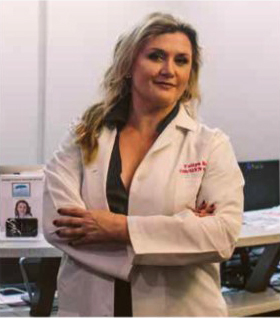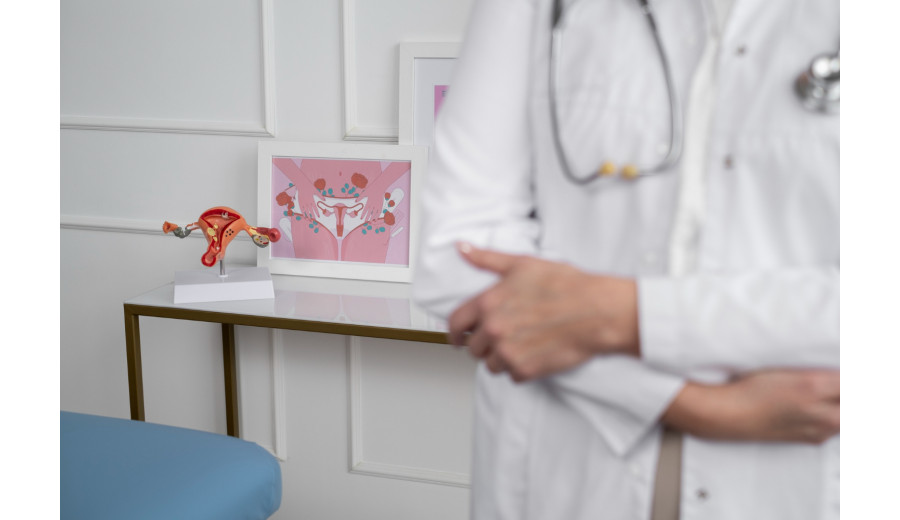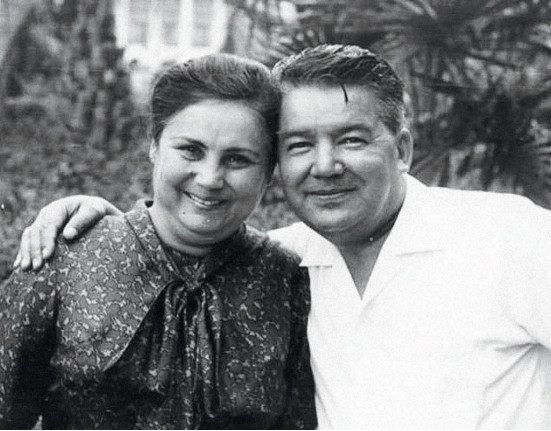Сегодня мы обсудим здоровье мочевыводящих путей и связанные с этим проблемы,
о которых многие женщины стесняются говорить.
Факторы риска инфекций мочи меняются с возрастом. Перед
менопаузой наиболее частыми факторами риска являются половой акт и
использование спермицидов, тампонов. После менопаузы определенные физические
изменения помогают подготовить почву для инфекций. Количество здоровых бактерий
во влагалище естественным образом уменьшается. Мочевой пузырь также сокращается
менее сильно, чем раньше, что затрудняет его полное опорожнение. Помимо
инфекций мочевого пузыря, непроизвольное мочеиспускание – еще одна главная
проблема, с которой женщина приходит в офис.
Недержание мочи и упражнения Кегеля
Периодическое непроизвольное мочеиспускание – самая
частая жалоба у женщин старше 40 лет. Беременность, тяжелые роды, операции,
запоры в анамнезе, избыточный вес, хронический кашель и возрастные изменения –
все это причины непроизвольного мочеиспускания. Есть много видов недержания
мочи. Стрессовое недержание мочи – непроизвольное мочеиспускание происходит при
физическом напряжении во время кашля или смеха и связано оно со слабостью мышц
таза. Ургентное недержание мочи – непроизвольное опорожнение мочевого пузыря, которому
предшествует сильный и резкий позыв в туалет или спазм. Этот вид эффективнее
всего лечить с помощью лекарств, которые помогают облегчить спазм мочевого
сфинктера.
Непроизвольное
мочеиспускание при ходьбе, кашле или смехе НИКОГДА не является нормальным
явлением. Самый частый ответ, который я слышу: «Ну, все в порядке: у моей мамы
тоже было такое, и я думаю, что я такая же». Нет, непроизвольное мочеиспускание
следует всегда решать на ранней стадии, чтобы предотвратить хирургическое
вмешательство в дальнейшем.
На ранних стадиях недержания мочи (когда операция не
показана) лучше всего отказаться от подъема тяжестей, контролировать массу тела
и начать выполнять упражнения Кегеля.
Упражнения Кегеля – самое важное упражнение
на подтяжку таза. Это бесплатно и очень эффективно.
Как выполнять упражнение Кегеля:
1) Полностью опорожните мочевой пузырь.
2) Найдите «правильные» мышцы для тренировки. Лучший
способ найти правильные мышцы - ввести 2 пальца во влагалище примерно на 2 см и
напрягите мышцы таза. Если в момент сокращения мышц вы почувствуете сжатие
пальцев, значит, вы на верном пути. Сосчитайте до 3, а затем расслабьте мышцы.
Попробуйте снова напрягать и расслаблять эти мышцы примерно 10-15 раз.
Повторяйте каждый день. К концу первой недели постарайтесь напрягать мышцы и
удерживать их подольше - 10-15 секунд. Чтобы упражнения Кегеля возымели эффект,
женщины должны выполнять эти тренировки 2-3 раза в день по 1-2 минуты. Это действительно
работает! К тому же – просто и бесплатно.
Упражнения Кегеля очень эффективны на ранних стадиях
непроизвольного мочеиспускания, например, сразу после родов или на ранних
стадиях опущения матки (ослабление стенок влагалища). При более сложных видах бесконтрольного
мочеиспускания (стрессовое недержание мочи) или более глубоких травмах мышц/связок
я могу порекомендовать оперативное вмешательство, медикаментозное лечение или
вагинальный пессарий. Помните, что недержание
мочи является серьезным симптомом и может указывать на различные проблемы со
здоровьем. Если держать эту проблему в секрете, жизнь женщины становится
невыносимой в любом возрасте. Обсудите этот вопрос со своим гинекологом или урологом.
Ночные походы в ванную комнату
Знаете ли вы, что у людей, которые за ночь встают 3 раза
и более, уровень смертности почти в два раза выше, чем у тех, кто этого не
делает? Согласно последним статистическим данным, более 90% мужчин и более 75%
женщин старше 70 лет встают ночью хотя бы один раз.
Причин для ночных походов в туалет много: сахарный
диабет, лекарства и проблемы простаты (почти у 90% мужчин). С необходимостью
посещать туалет ночью связано множество опасных состояний: нарушение сна,
перепады настроения из-за недостатка сна, риск падений и переломов бедра, риск
увеличения избыточного веса и нарастание депрессии. Если вы засыпаете днем,
часто ходите в туалет ночью, храпите и выглядите уставшим после ночи – эту
проблему следует решить с врачом.
Уринотерапия
Помню,
моя соседка в Киеве пила мочу, чтобы «очистить» организм от шлаков. Но я была
удивлена, узнав, что некоторые из моих пациентов всё еще следуют той же
тенденции. Итак, поговорим об уринотерапии – потреблении собственной
мочи. Лечение с использованием мочи пришло из древней Индии и Китая. В Индии
моча считается «святой жидкостью». Индийцы использовали мочу как
антисептическое средство и против ожогов. Однако на сегодняшний день у нас абсолютно
нет доказательств эффективности такой терапии. Напротив, исследования
показывают, что употребление мочи может привести к попаданию бактерий, токсинов
и других вредных веществ в ваш кровоток. Это может даже вызвать чрезмерную
нагрузку на ваши почки.
Диета при
цистите
Цистит – воспаление слизистой оболочки мочевого пузыря. Симптомы цистита
включают боль при мочеиспускании, давление в области малого таза и частое
мочеиспускание. Терапия цистита должна быть индивидуальной для каждого
пациента. Не каждый цистит вызывается бактериями и автоматически требует
антибиотиков! Наиболее частым триггером хронического цистита у женщин является
сексуальная близость. Поэтому самое важное лечение хронического цистита – это
профилактика. Определенные изменения в образе жизни и диете могут помочь
женщинам избавиться от цистита.
Избегайте «кислых» продуктов, таких как цитрусовые
(лимоны, апельсины и грейпфруты).
Избегайте продуктов, богатых калием, таких как бананы и
картофель.
Избегайте продуктов с кофеином (кофе, чай и шоколад).
Избегайте крепких алкогольных напитков (водка, текила,
виски, бренди и т.д.).
Некоторые исследования также предлагают ограничить острую
пищу, употребление уксуса и помидоров.
Рекомендации, как сохранить мочевой пузырь
здоровым
(особенно для женщин после 50 лет):
- Никогда не задерживайте мочу.
- Обратитесь к врачу с проблемой недержания мочи.
- Лечите атрофию влагалища в период менопаузы.
- Пейте больше воды и чаще мочитесь.
- Не игнорируйте мочеиспускание после полового акта.
- После мочеиспускания лучше не тереть промежность бумагой,
а промокать, после дефекации – вытирать спереди назад.
-
Используйте средства личной гигиены без запаха: туалетную бумагу, прокладки.
-
Избегайте спринцеваний.
- Принимайте душ и избегайте горячих ванн, особенно с использованием ароматических масел и мыла.
Дорогие женщины, пейте воду и будьте здоровы!

Врач-гинеколог
Запишитесь
на консультацию:
124 East
40th Street, suite 203
New
York, NY 10016
877-963-9777
IG/FB@AskDrYuliya





















